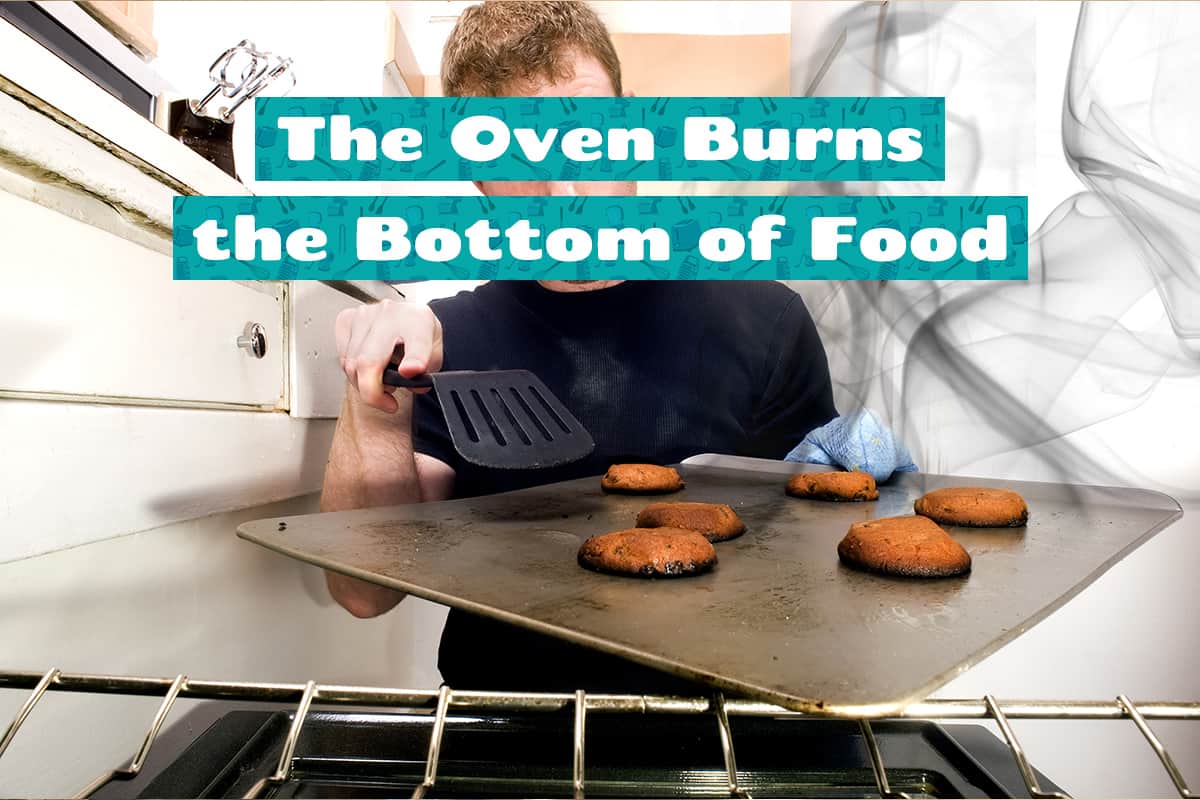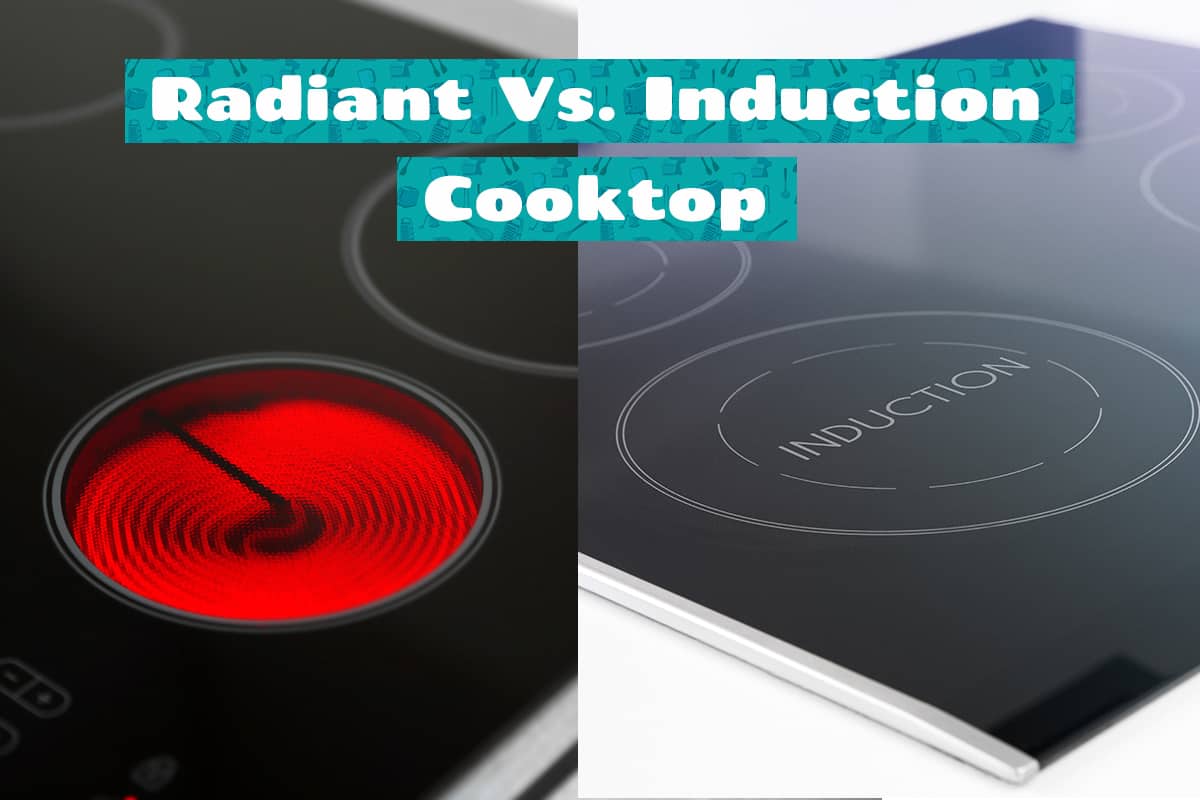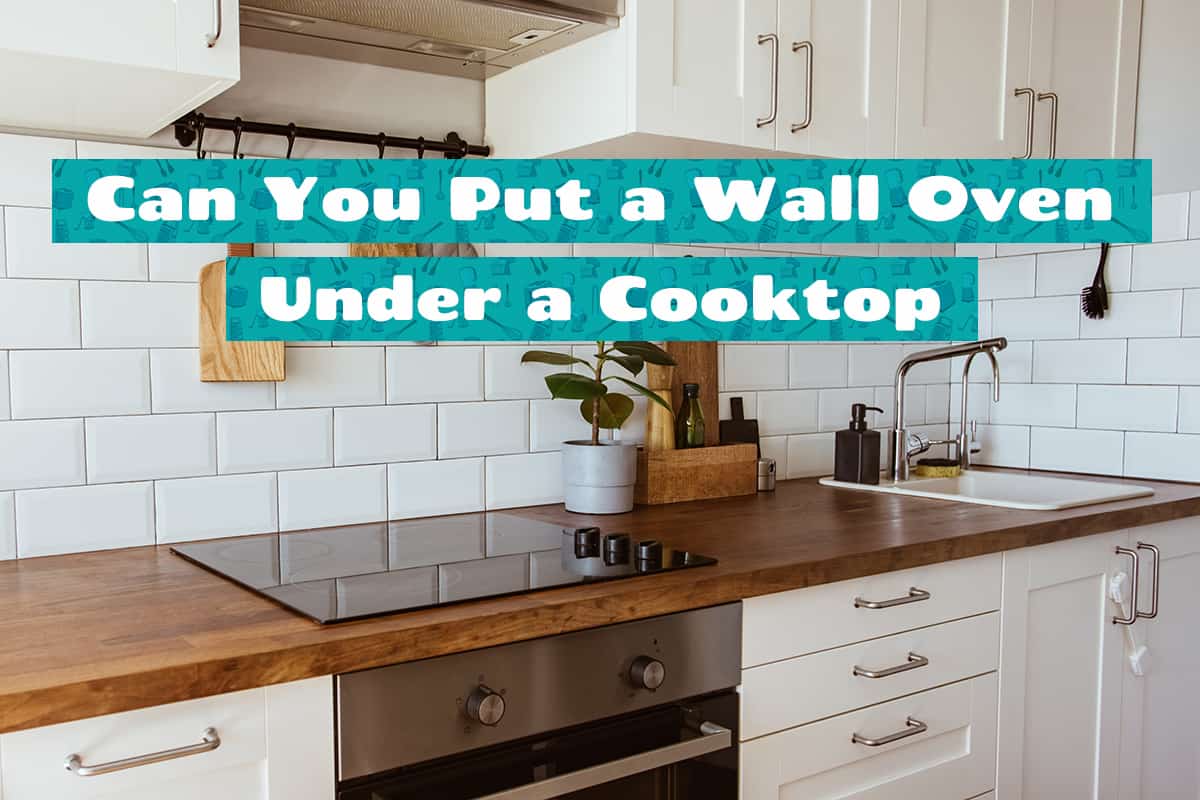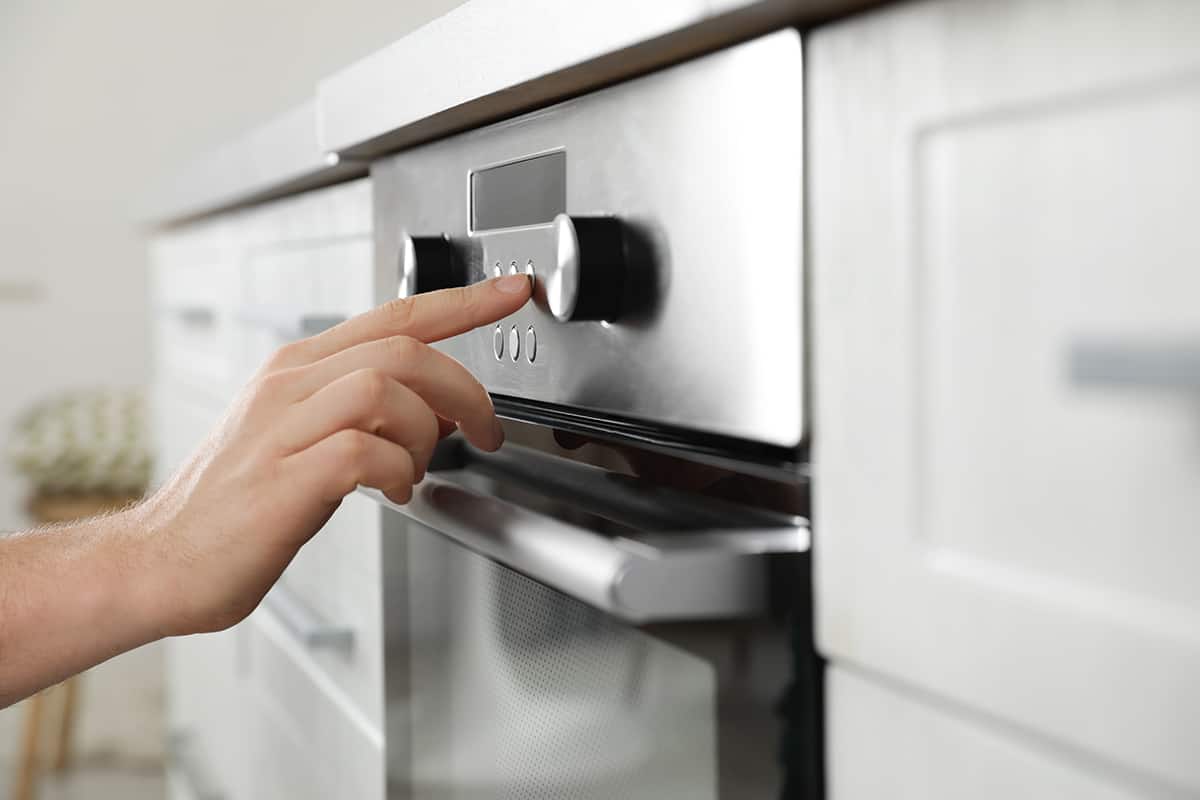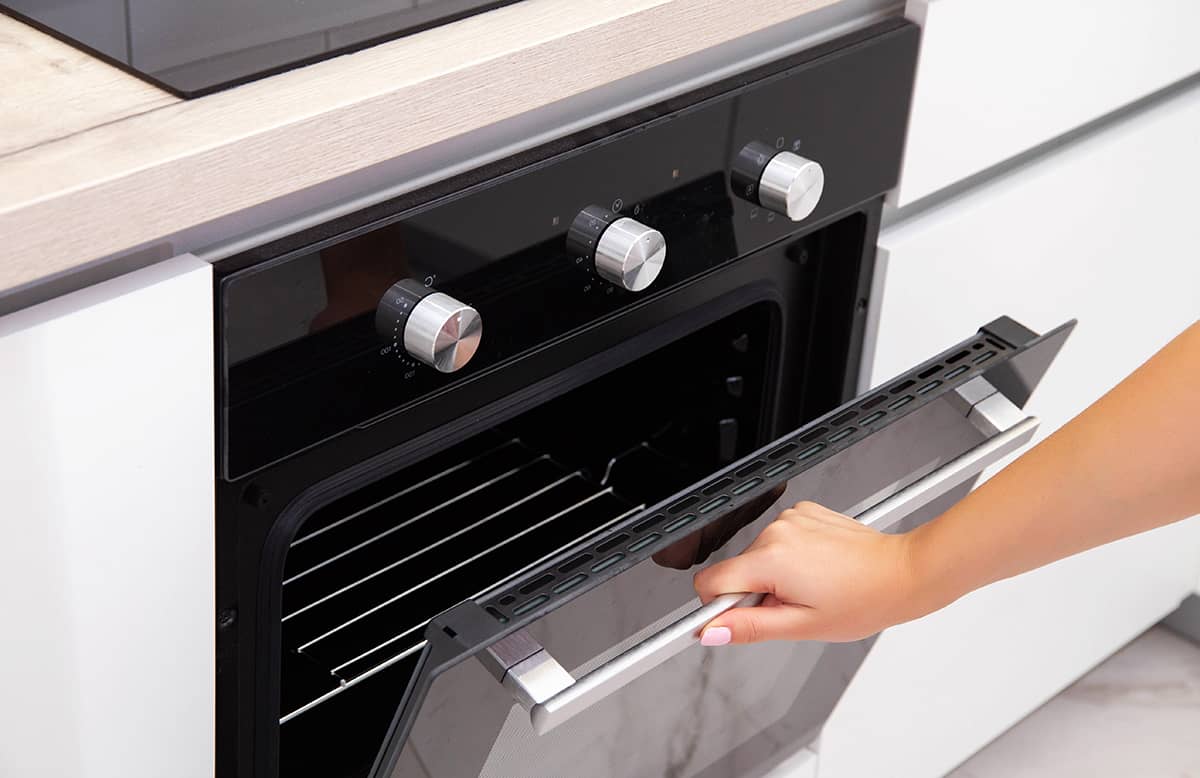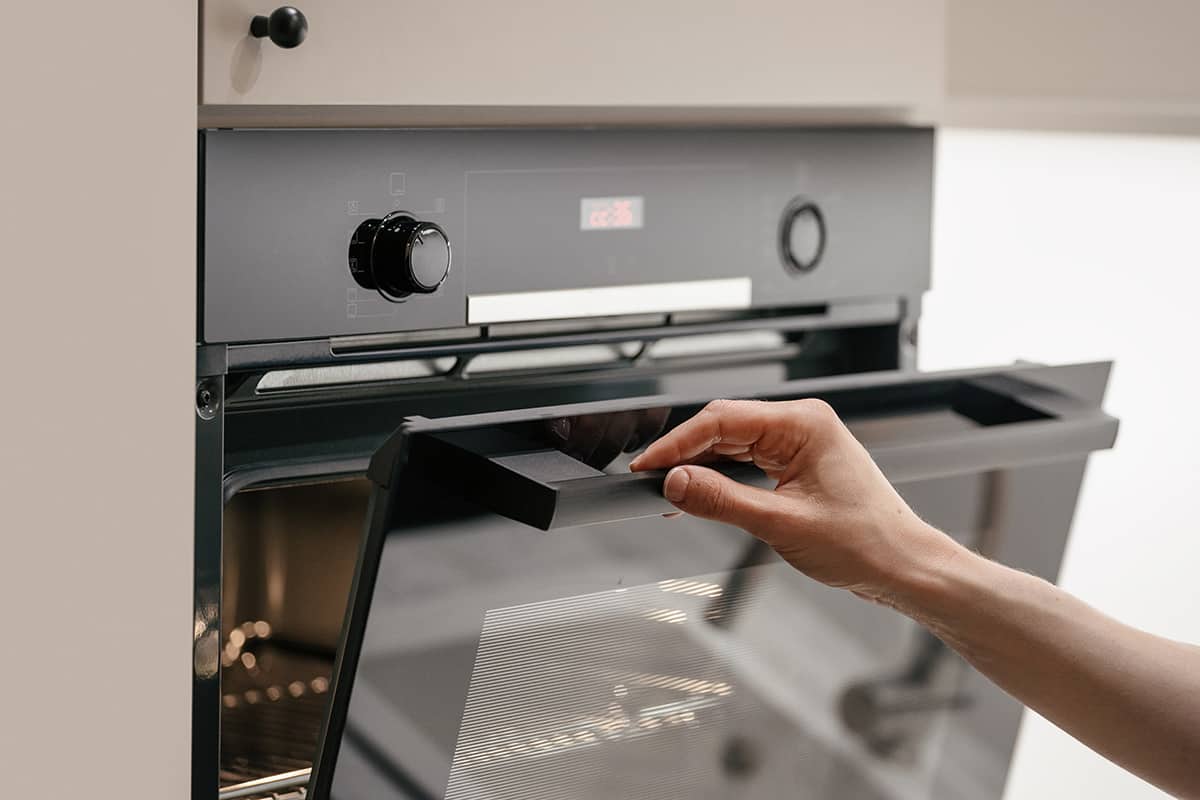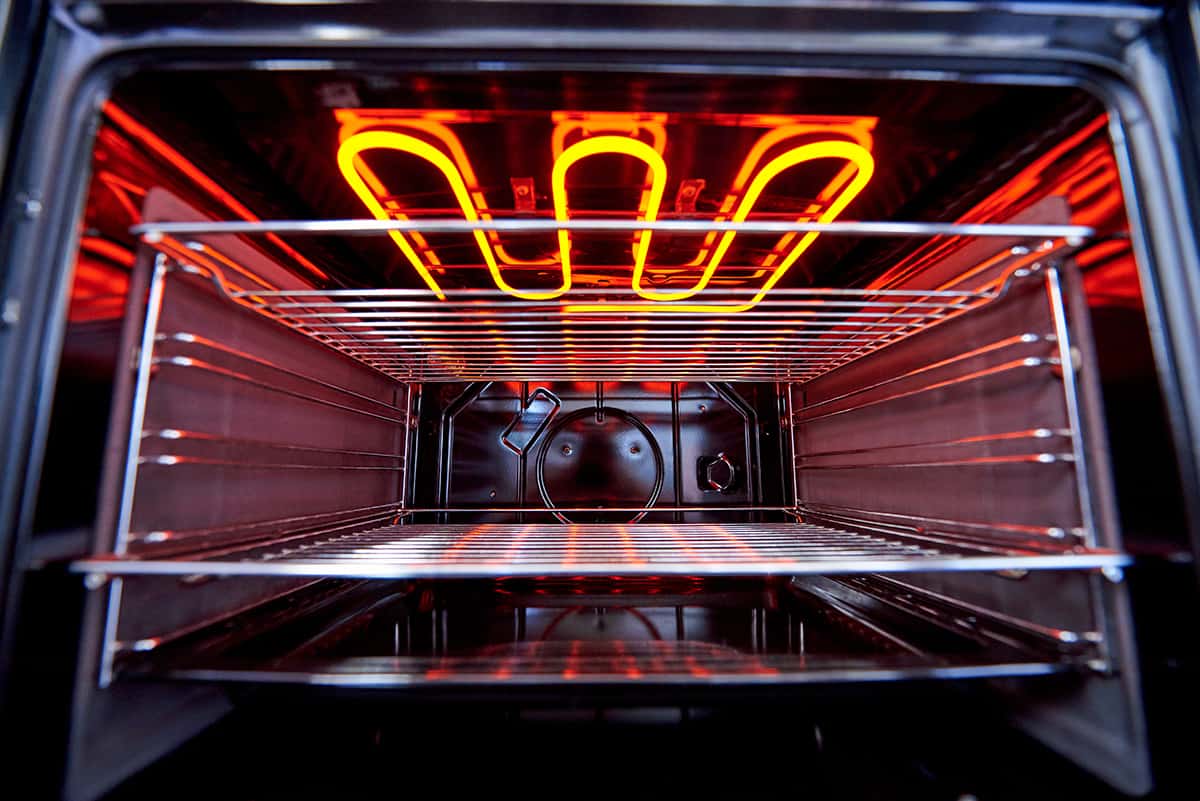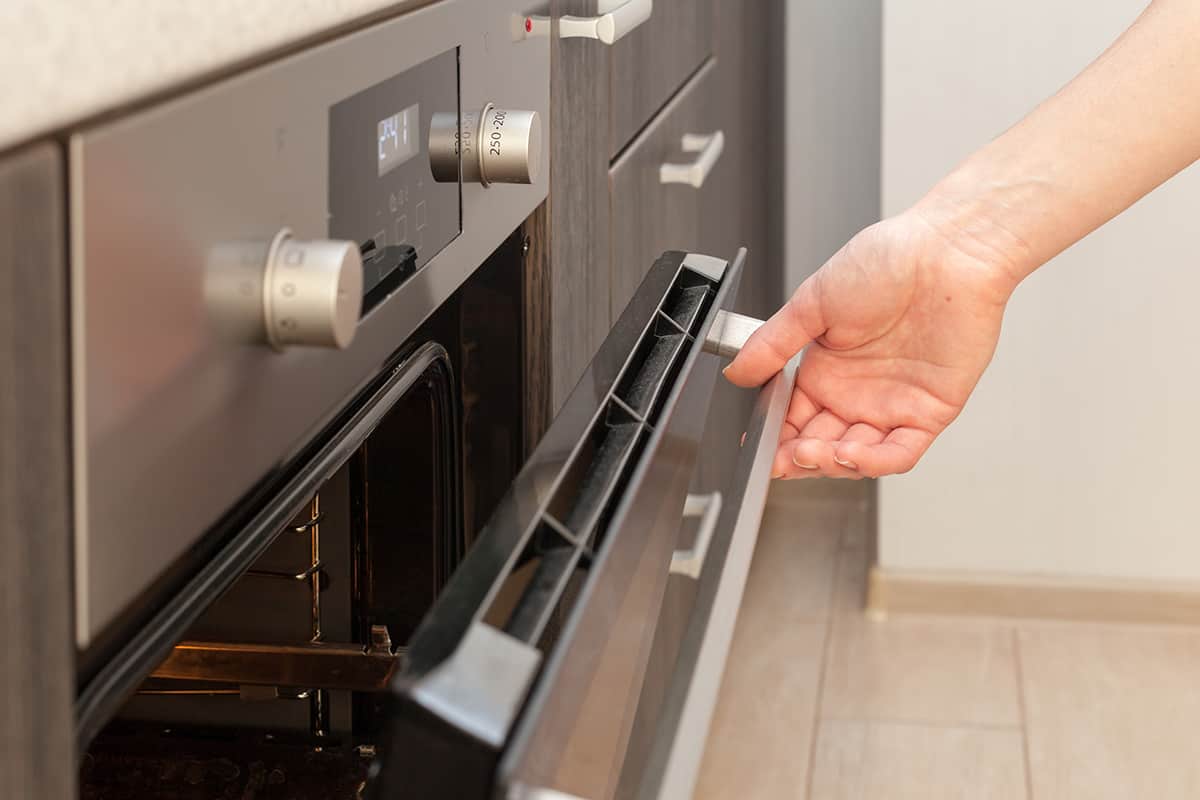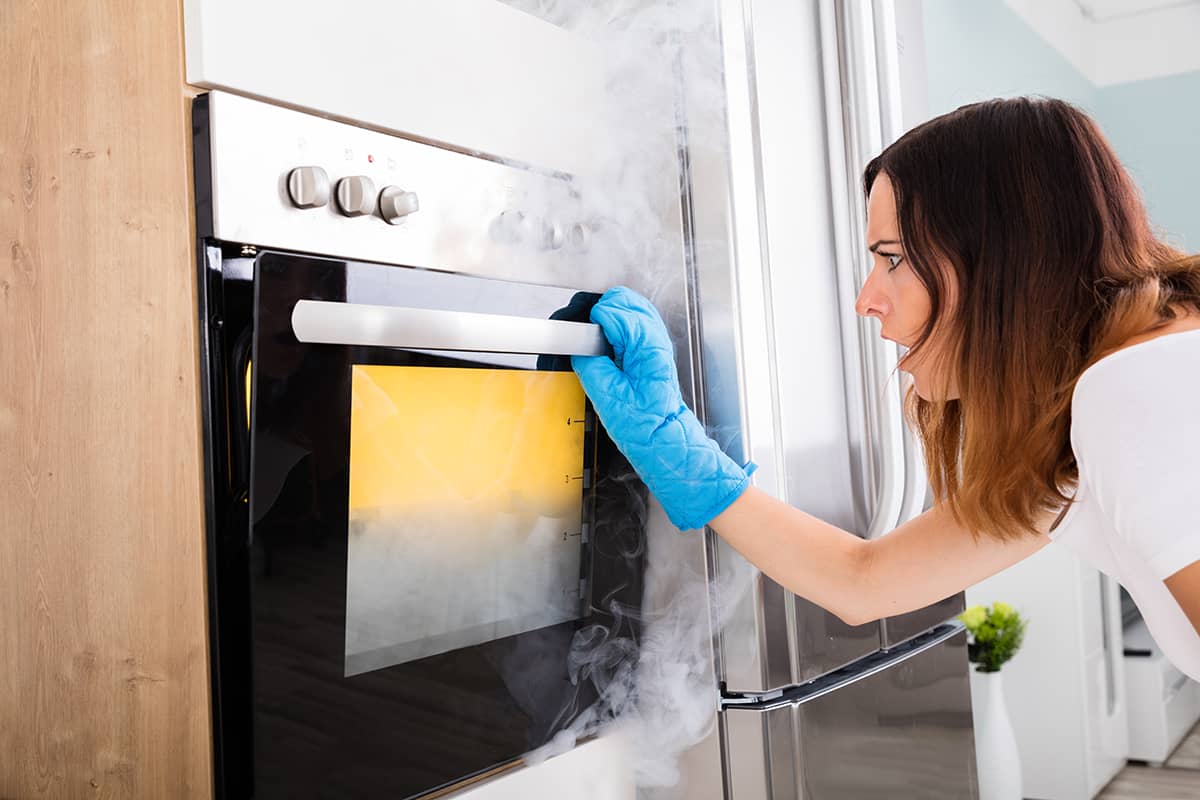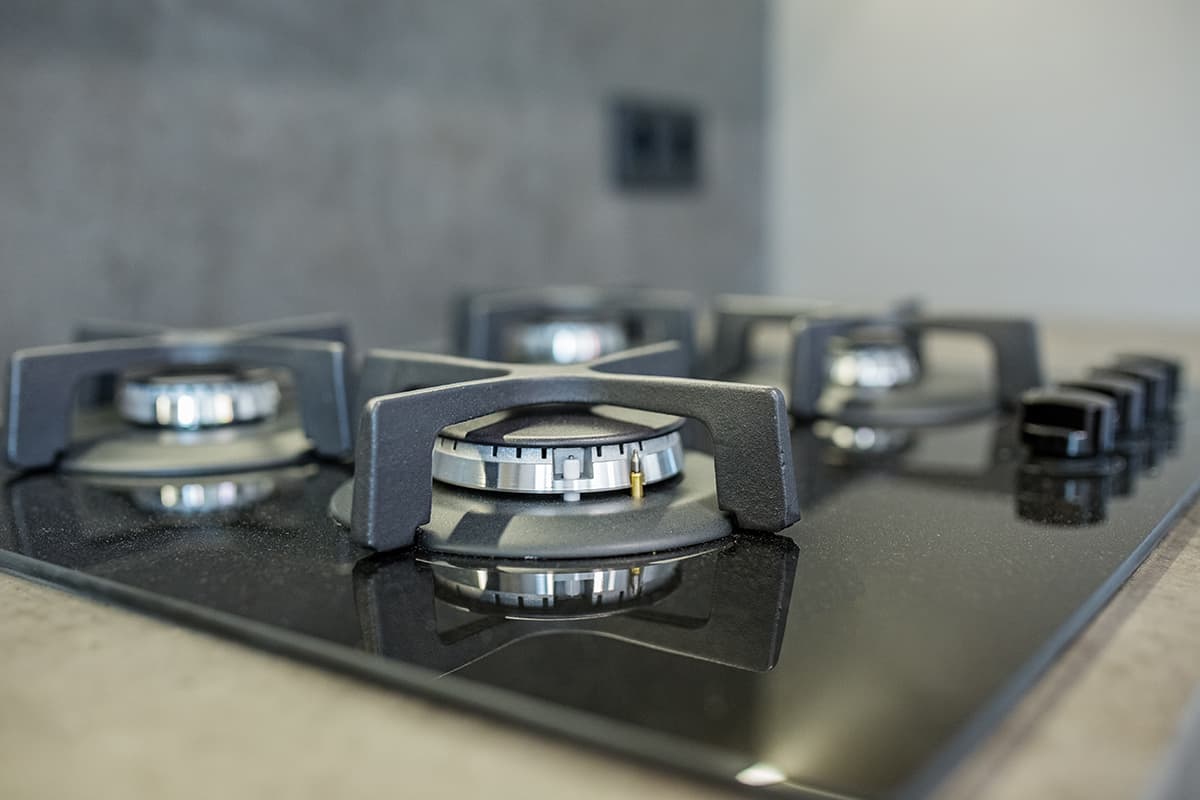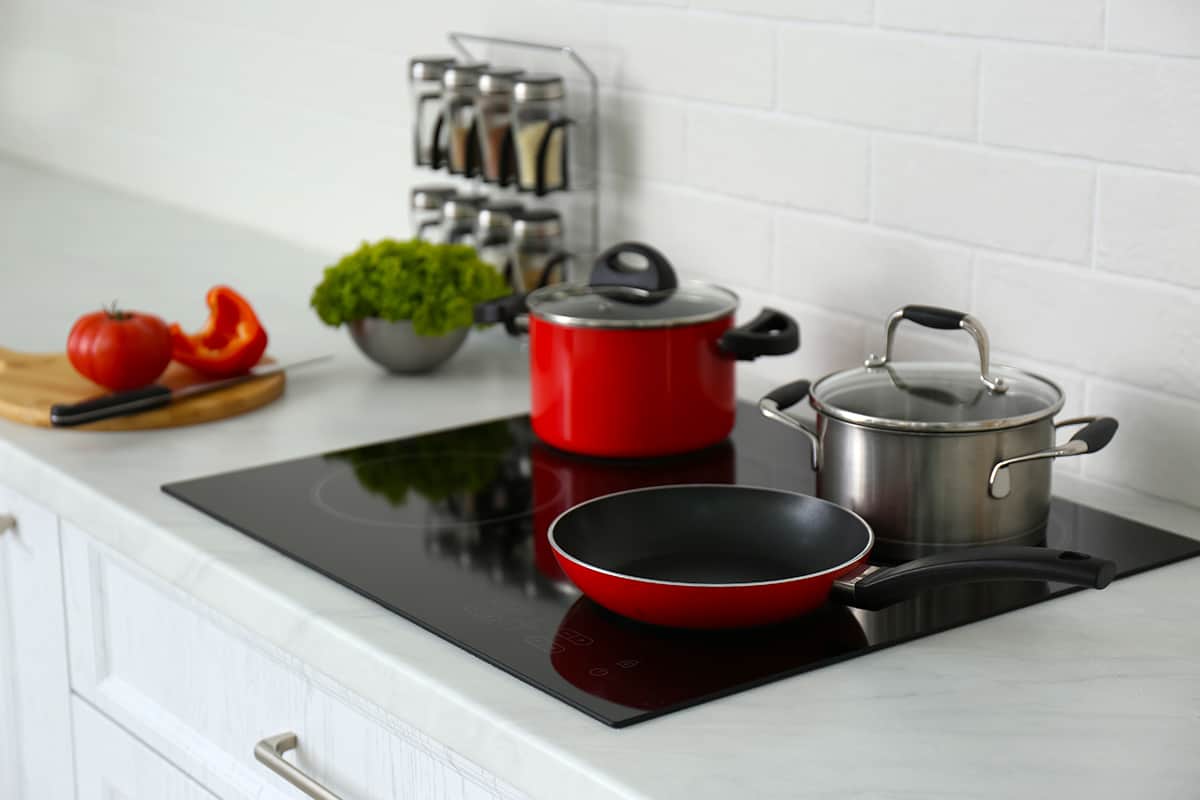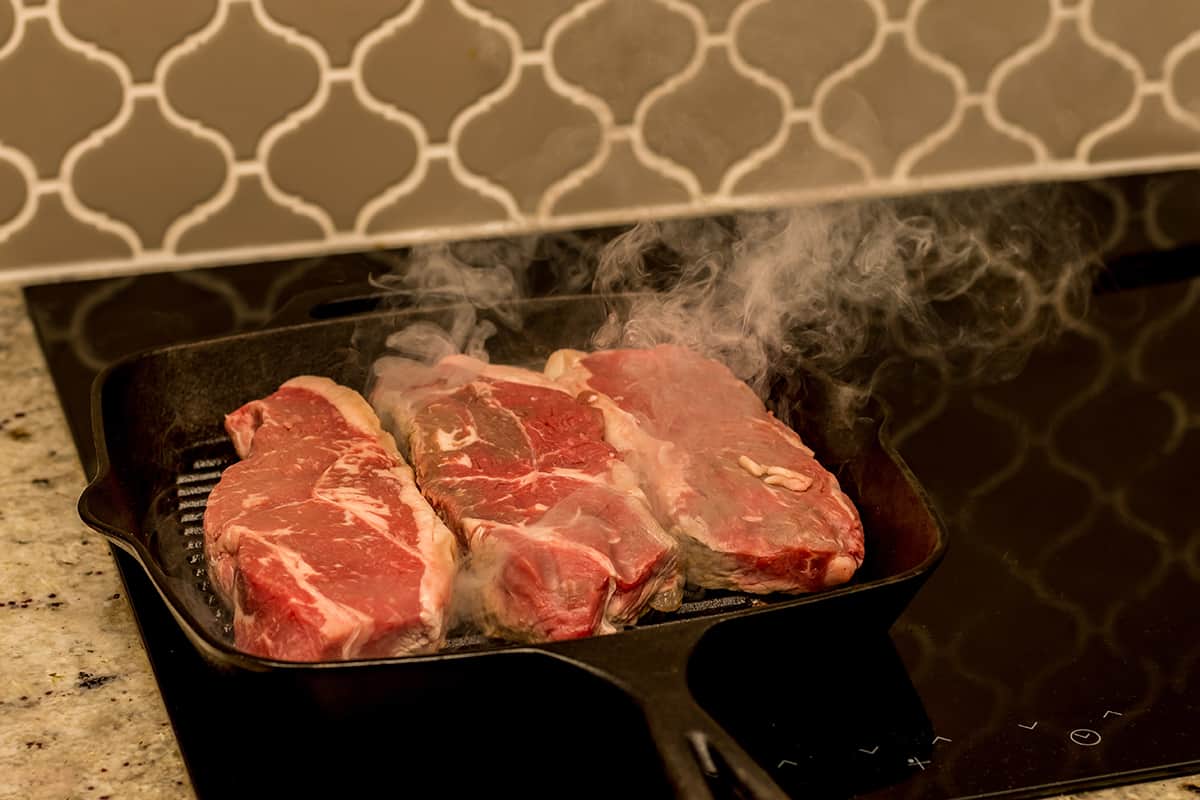There are a few common causes of why your oven burns the bottom of your food, such as: Inconsistent temperature control, Misplaced oven racks, Work-out or damaged heating elements, Using the wrong bakeware
Radiant cooktops heat cookware using electric coils or a halogen lamp beneath a ceramic surface. They are often less expensive upfront and compatible with any cookware but are less energy-efficient.
Yes, with proper compatibility, head dissipation, and installation, you can install a wall over underneath a gas or electric cooktop. Most manufacturers will recommend a distance of at least 32 inches above your kitchen floor, though this is for convenience reasons rather than safety.
Your oven is a vital piece of equipment in your kitchen, a tool that helps you whip up delicious meals for your family and friends. One feature that often confuses many oven users is the ‘Sabbath Mode’. This setting, designed to aid observant Jewish individuals during religious observances, can be a bit tricky to navigate if you’re not familiar with it.
For many homeowners, the kitchen oven is a vital appliance, playing a key role in the creation of daily meals and special culinary treats. However, like any other machine, it can occasionally break down due to various reasons, with one common issue being a blown fuse. Recognizing the signs of this problem and understanding how to fix it can save you time, money, and unnecessary stress.
Owning a General Electric (GE) oven can be a dream come true for any homeowner, offering premium quality cooking experiences. However, with advanced technology comes a variety of error codes. These codes might be confusing, but they play a crucial role in keeping your oven functional and safe, allowing it to communicate any issues it’s experiencing.
The oven is an essential appliance in any home, helping us create delectable meals and heartwarming memories. Central to the oven’s performance is the oven temperature sensor, an unsung hero that ensures our food is cooked just right. However, when this crucial component malfunctions, our culinary adventures can quickly turn into kitchen disasters.
Many homeowners regard the kitchen as the heart of the home, with the oven playing a pivotal role in crafting daily meals to special feasts. However, problems can arise, one of which is an oven door that doesn’t close fully. This common issue can lead to inefficient cooking, wasted energy, and even safety hazards.
Every homeowner relishes the joy of baking, roasting, and heating food with their reliable kitchen companion—the oven. However, when this appliance begins to overheat, it doesn’t only disrupt cooking routines but also poses potential safety risks.
Brass burners are known for heating up quickly and evenly, offering precise temperature control. They generally require less maintenance compared to their cast iron counterparts, but cast iron burners are often more durable. While cast iron takes longer to heat, they retain heat for much longer than brass.
Induction cooktops, with their advanced technology and efficient heat transfer, have become an increasingly popular choice in modern kitchens. They offer a unique blend of speed, control, and energy efficiency, making them a worthwhile investment for homeowners. However, as with any major appliance, one crucial question persists: how long do they last?
The beauty and sleek elegance of glass top stoves make them a preferred choice for many homeowners. Their seamless look, paired with their easy-to-clean surface, brings a modern touch to any kitchen. However, the use of cast iron cookware poses a risk to these stoves, often leading to scratches or even cracks. Despite their robust nature, cast iron pans can cause significant damage if not used properly.
